Posts focused on Extractives Management
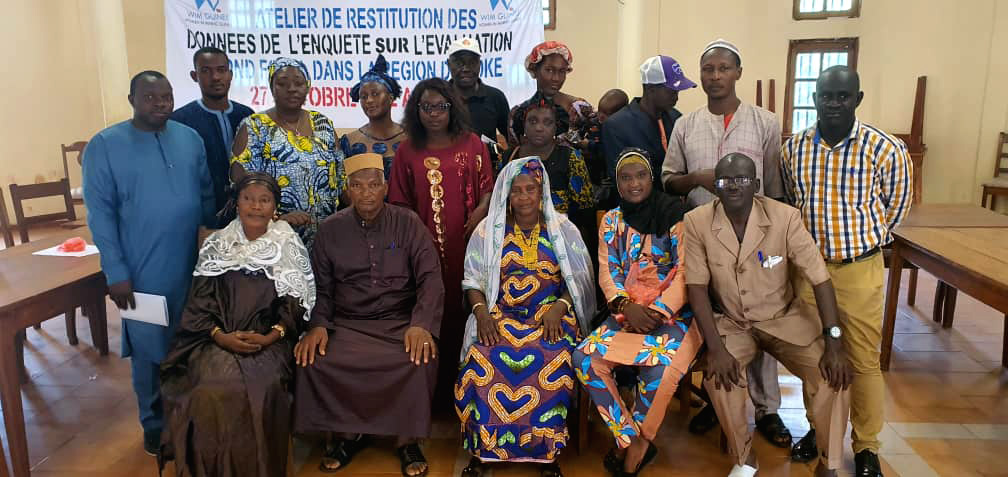
Les Fonds FODEL : Un appui aux femmes des es communautés minières avec WIM Guinée
Nous avons organisé un atelier de validation avec notre partenaire de mise en œuvre, Women in Mining (WIM) Guinea dans la région de Boké le 22 octobre 2022 pour confirmer les résultats d'une collecte de données conduite par WIM Guinée dans les sous-préfectures minières de Boké et Boffa. Les données ont révélé des améliorations potentielles des fonds de développement économique local (FODEL) et de leur administration qui, si elles sont mises en œuvre, pourraient permettre davantage aux femmes et aux associations de femmes des communautés minières de capitaliser sur ces fonds et de mieux les utiliser pour soutenir leur développement local.

FODEL Funds: Supporting Women in Mining Communities with WIM Guinea
DG and our implementing partner, Women in Mining (WIM) Guinea, held a validation meeting in the Boké region of Guinea on October 22, 2022 to confirm the findings of a data collection initiative that WIM Guinea conducted in the country’s Boké and Boffa mining subprefectures. The data revealed potential improvements to local economic development funds (FODEL) and their administration that, if implemented, could further enable women and women's associations in mining communities to capitalize on these funds and better use them to support their local development.
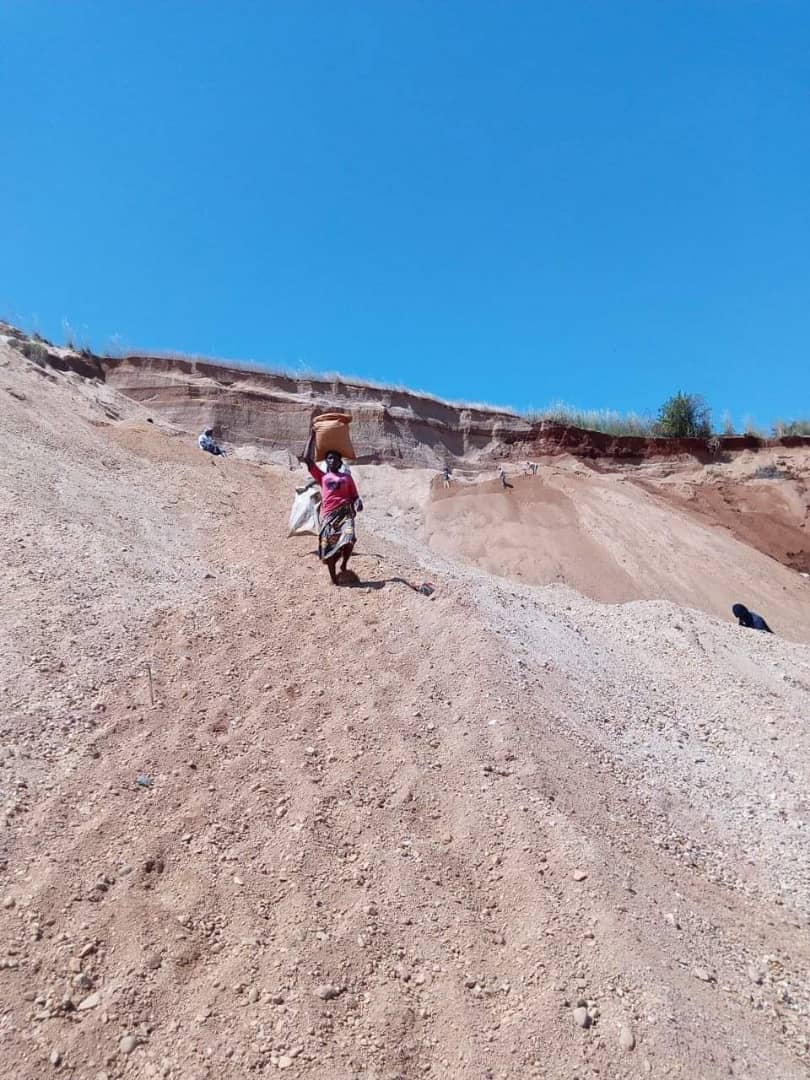
Une réflexion sur les données des IE
Au cours des dernières années, DG a intensifié sa recherche dans le domaine des industries extractives (IE) en Afrique de l'Ouest, ce qui a permis de mieux cerner les lacunes en termes de données et d'identifier les opportunités du secteur. Nous avons constaté que les informations disponibles au grand public sont principalement axées sur la transparence des flux financiers et ciblent la scène internationale, mais occultent les facteurs non-financiers et l'impact local réel de l'industrie. Une question reste en suspens : comment promouvoir la divulgation de données susceptibles d'appuyer les communautés impactées par les activités extractives ?

A Reflection on the State of Extractive Industry Data
In the past few years, DG has increased focus on the extractives industry (EI) in West Africa and learned tremendously about the data gaps and opportunities in this sector. Overall we are seeing that while data is available, it is focused primarily on financial transparency and geared to a global audience, omitting information on local impacts and non-financial factors. A big question remains: how do we ensure that data is also used to support the communities impacted by extractives?
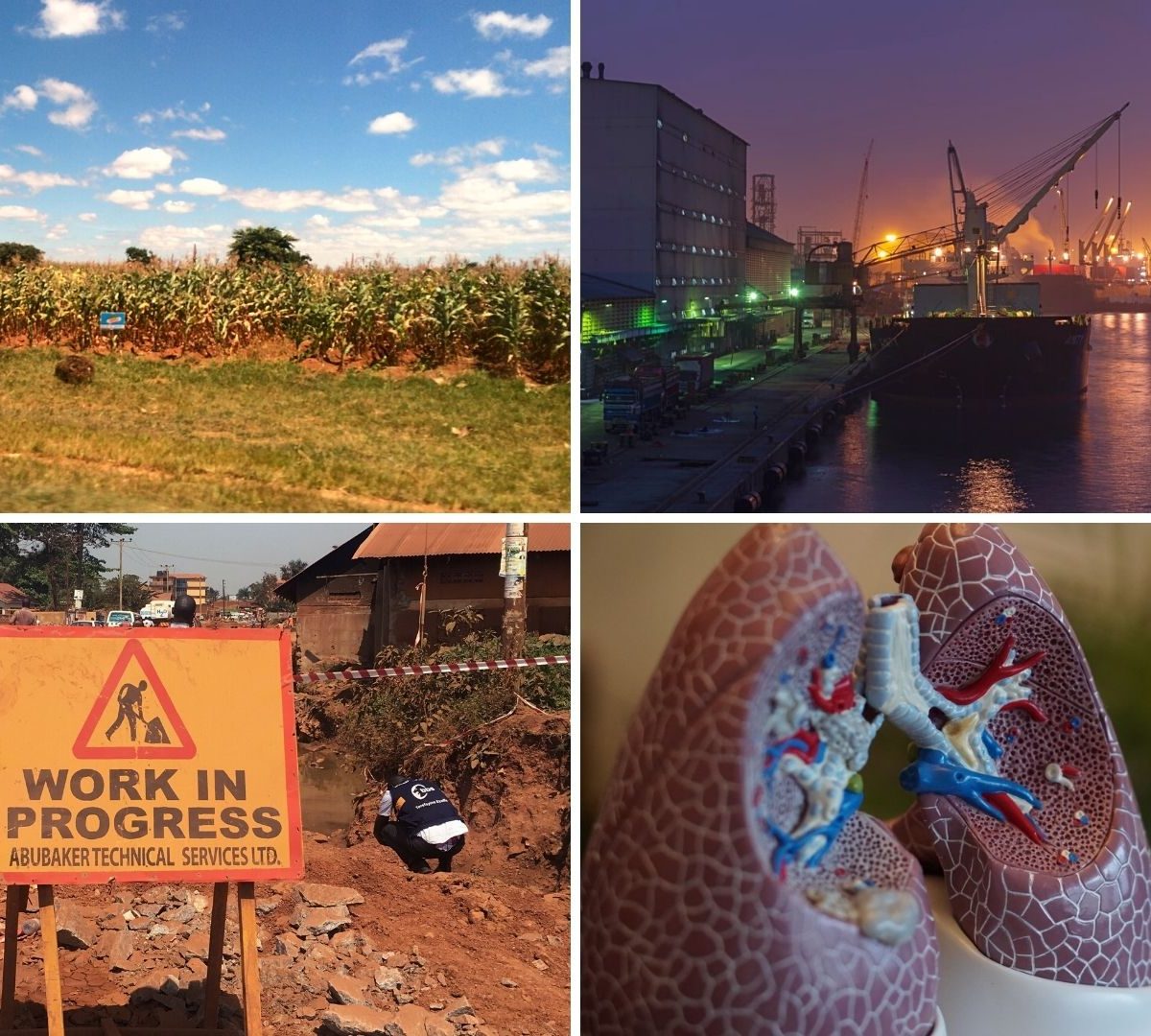
The State of Data in DG’s Work
As we review our strategy, we plan to share here much of what we’ve learned through programming in more than a dozen countries – from our work and from our excellent partners – about the state of data in agriculture, tobacco control, open contracting, and the extractive industries. For each theme, we’ll explore who are the key data users, the decisions they make, the most important data gaps, and the crucial risks of data (mis)use. Here we share previews from some of our flagship programs.
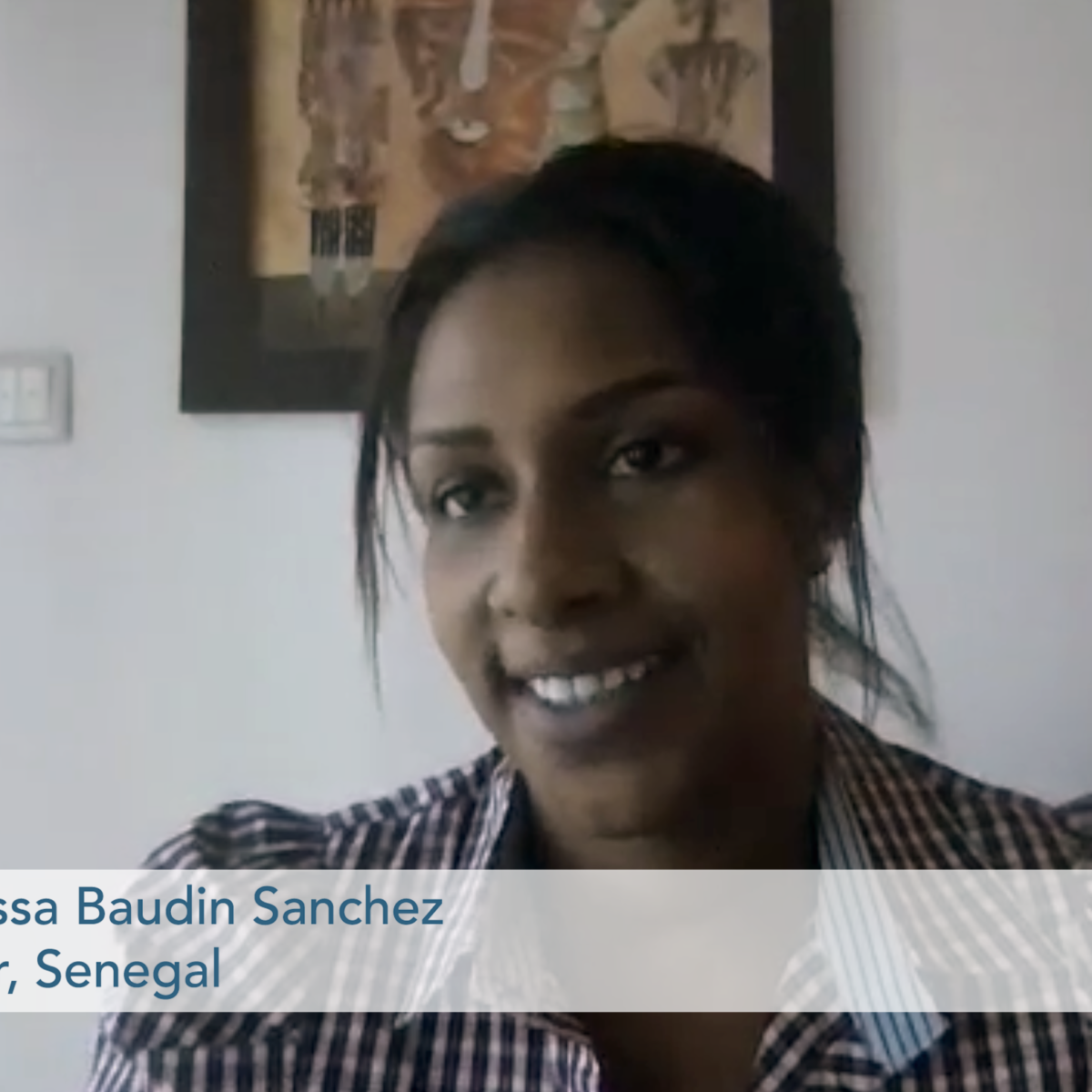
Understanding Stakeholder Needs: Extractives Industry Data Portal Assessment in West Africa
Starting in June 2018, DG assessed the extractive industry data landscape in Senegal, Nigeria, and Guinea. The goal was to determine the feasibility of designing and implementing an Extractives Industry Data Portal (EIDP) for each country. A major finding is that extractive industry financial flow data is no longer enough. Stakeholders want information that will help them advocate for protecting the environment, providing youth and educational services, and ensuring access to health facilities in the community.
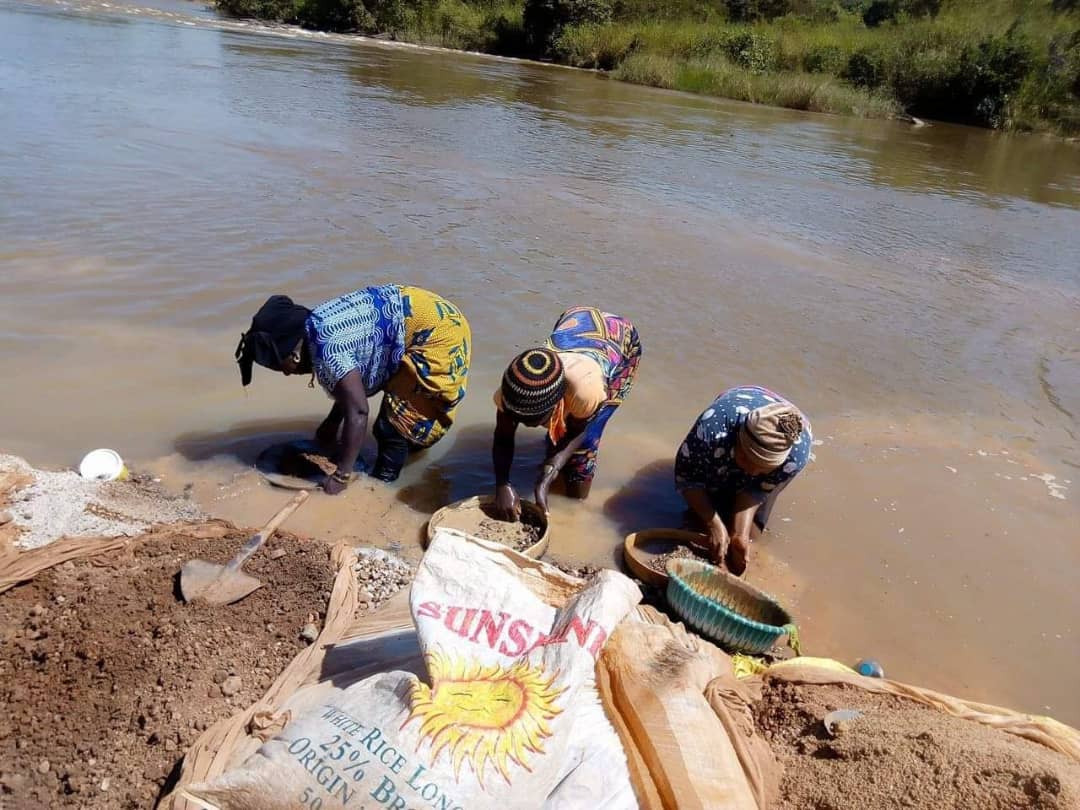
Community Data, Community Impact: WIM Index to Minimize Extractive Industries’ Negative Effects // Comment l’indice WIM peut contribuer à minimiser les effets négatifs des activités extractives et améliorer les conditions de vie des communautés
In January 2020, in partnership with WIM Guinea and OSIWA, Development Gateway (DG) launched the Women in Mining Pilot Index (WIM Index) that aims to quantify and visualize the impact of mining activities on communities – especially on women and young people. En janvier 2020, en partenariat avec WIM Guinée et OSIWA, Development Gateway (DG) a lancé l'Indice Pilote WIM Guinée qui vise à quantifier et à visualiser l'impact des activités minières sur les communautés - en particulier sur les femmes et les jeunes.
.jpeg)
A Prototype for Tracking Women’s Inclusion in the Extractives Industry: Launch of the WIM Guinea Pilot Index // Un Baromètre de Suivi de l’Inclusion des Femmes dans les Industries Extractives : Lancement de l’Indice Pilote de WIM Guinée
Last week in partnership with Women in Mining (WIM) Guinea and the Open Society Initiative for West Africa (OSIWA), we celebrated the official launch of the WIM Guinea Index prototype. En partenariat avec Women in Mining (WIM) Guinée et Open Society Initiative for West Africa (OSIWA), nous avons procédé au lancement officiel de l'Indice Pilote de WIM Guinée le 22 janvier 2020 à Conakry.
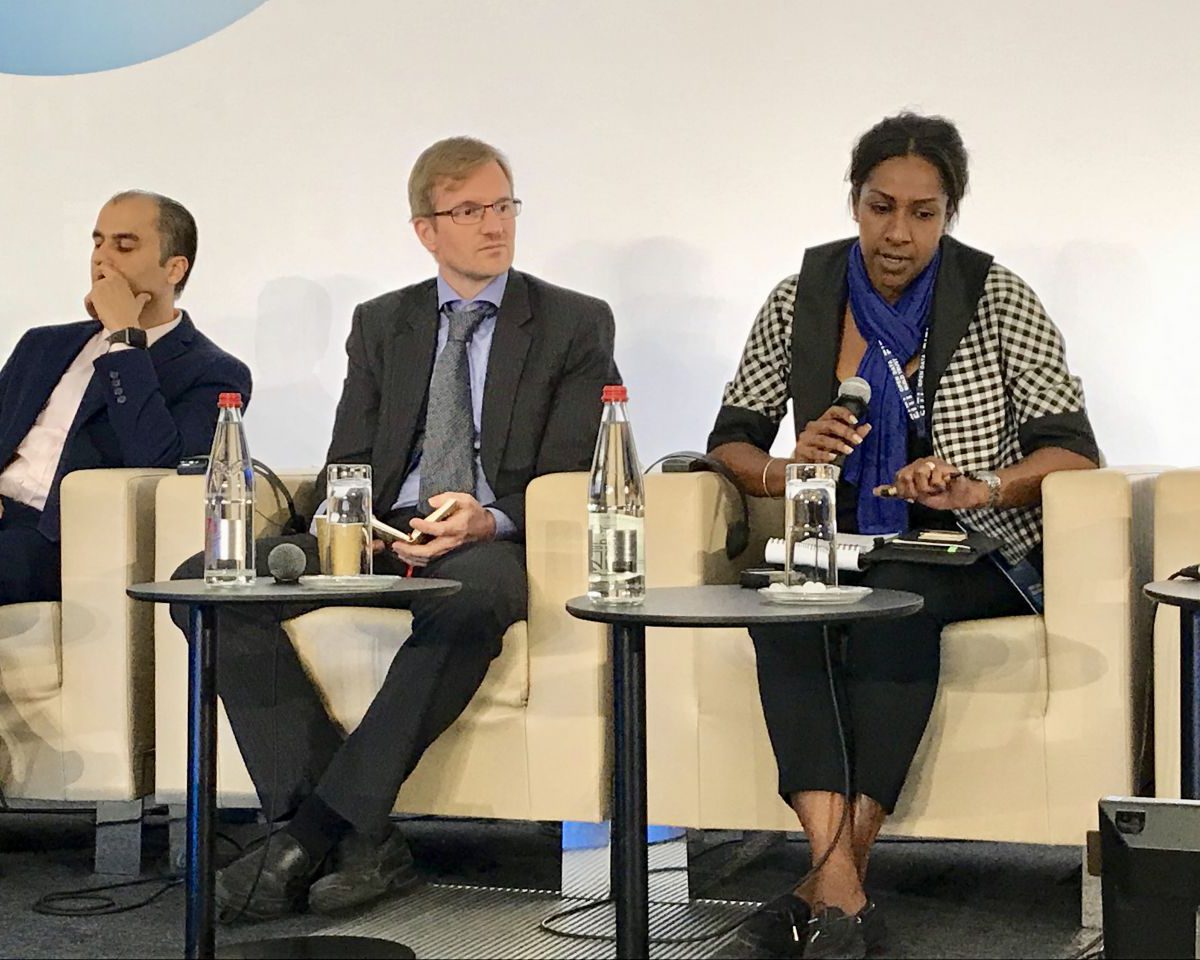
Identifying EI Data User Needs at EITI Global 2019
With support from the Open Societies Initiative for West Africa (OSIWA), Development Gateway (DG) began conducting studies in July 2018 in Senegal, Guinea, and Nigeria to map data needs, availability, and use in the extractives sector. Last week at the EITI Global Conference in Paris, France, we shared key takeaways and findings on EI data needs in the session Leveraging Information Technology in EITI Mainstreaming. Today, we're sharing more details from our presentation and how takeaways are building into our EI data work in West Africa.

Working with EITI in Nigeria for a Stronger Audit Process
Across DG’s extractives work, our aim is to help ensure a country’s natural resources actually benefit citizens. This starts with greater openness around natural resource management, to build public engagement and accountability. Building on our existing work with EITI on the EITI Global Data Portal, we’re expanding country- and local-level extractives work through several initiatives – including in Nigeria in partnership with the Ford Foundation, to build an online data collection system for the audit process.